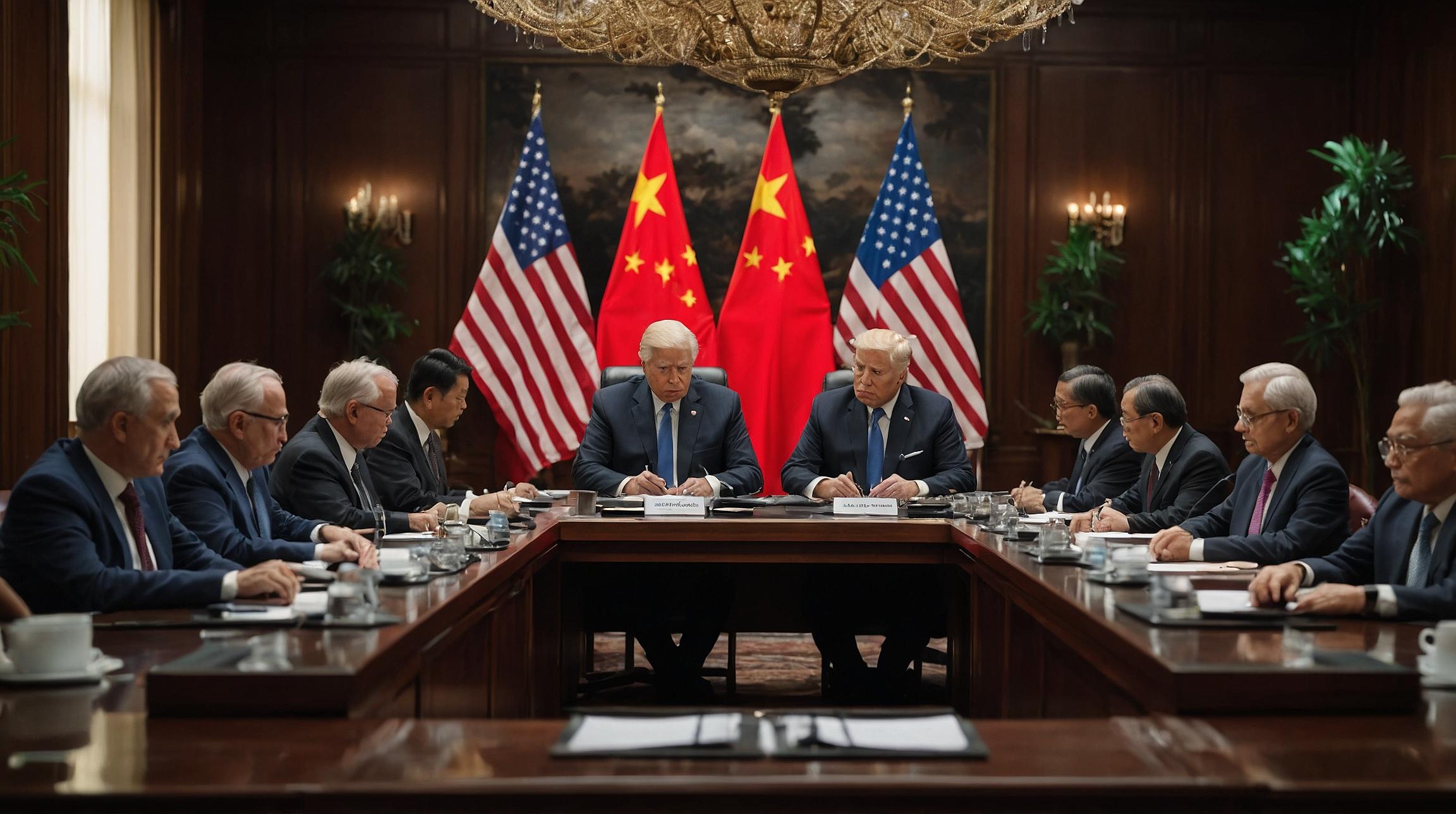China Warns U.S. Over Tech Investment Restrictions
China has warned the United States that it is ready to fight back against new restrictions on technology investments. These restrictions are part of the Biden administration’s strategy to protect U.S. national security. China's government has expressed strong opposition to these measures.
China’s Stance on U.S. Restrictions
China opposed the proposed American restrictions on its technology sector. The country’s commerce ministry stated that the U.S. should "stop politicizing and weaponizing economic and trade issues" and lift the investment restrictions on China.
What Are the U.S. Restrictions About?
Last Friday, the U.S. Treasury Department announced plans to restrict new investments in Chinese companies that are working on artificial intelligence (AI), semiconductors, and quantum computers. These are all advanced technologies that have military and national security implications.
What Is Artificial Intelligence (AI)?
Artificial Intelligence refers to machines designed to act like humans or perform tasks that usually require human intelligence. For example, personal virtual assistants like Siri or Alexa use AI to understand and respond to questions.
What Are Semiconductors?
Semiconductors are materials used to create chips that power various electronic devices. Think of semiconductors as the brain of gadgets like your smartphone or laptop.
What Are Quantum Computers?
Quantum computers are advanced computers that can solve complex problems faster than traditional ones. They could revolutionize fields like medicine and cybersecurity.
National Security Concerns
The U.S. believes that tech developed in "countries of concern," like China, Hong Kong, and Macau, could pose a risk to national security. These technologies could potentially be used for military, intelligence, or surveillance purposes against the U.S.
Impact on U.S. Companies
The proposed rules would prohibit U.S. individuals and companies from investing in certain Chinese tech sectors that could be seen as a threat. If anyone in the U.S. wants to invest in these sectors, they must notify the Treasury Department.
What Is Meant by Investment Restrictions?
Investment restrictions mean U.S. businesses can't put their money into specific areas of Chinese technology. Imagine you want to invest in a new smartphone company in China. If that company works on sophisticated tech like AI, you would need government permission.
Previous Actions
- Restrictions Since 2022: The Biden administration tightened rules on advanced AI chips and chipmaking tools going to China.
- Ban in 2019: Under former President Donald Trump, the U.S. banned shipments to Huawei without an export license.
Global Coordination
The U.S. has asked countries like South Korea, Japan, and the Netherlands to limit exports of advanced chips to China. This step is part of an international effort to control China's technological and military growth.
Conclusion
China is pushing back hard against the latest U.S. tech investment restrictions, stating it would take action if necessary. Both nations continue to clash over technology and national security concerns, making this an ongoing and critical issue to watch.













